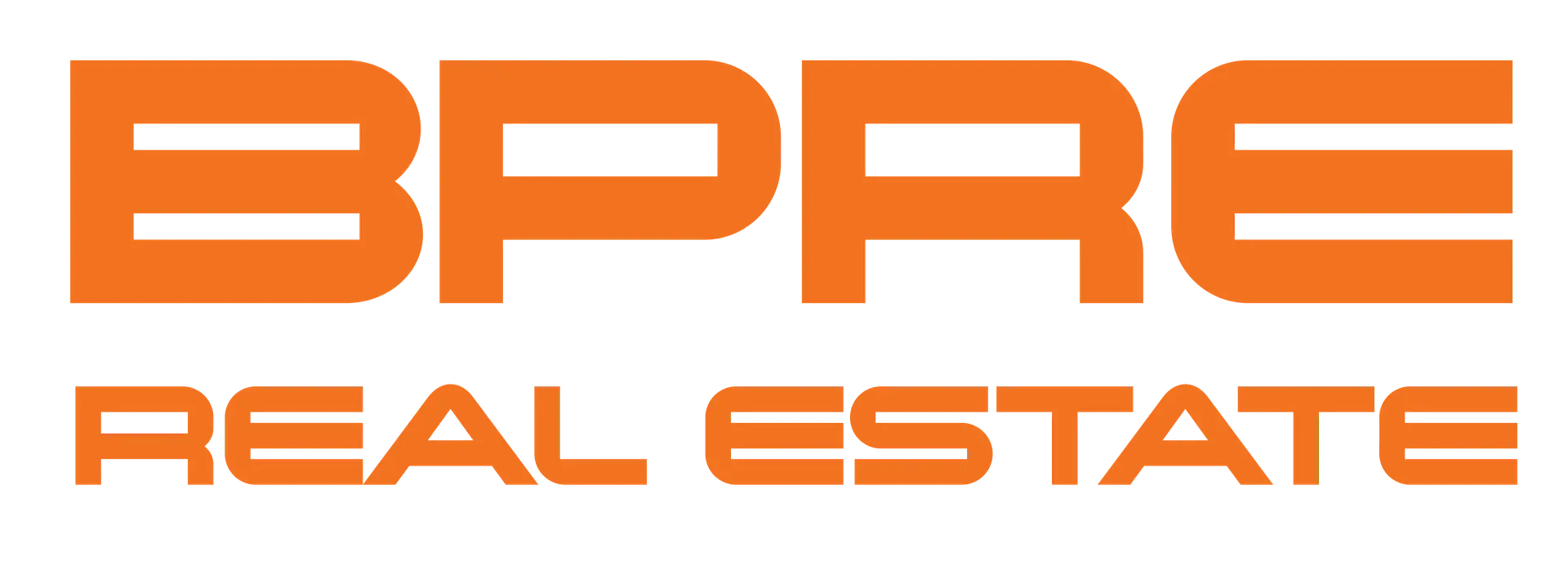There are always establishment fees to be paid whenever you set a new home loan – this cannot be avoided
Application & establishment fees, stamp duty + more.
When they take out a mortgage, many people forget to consider the associated fees and expenses. Here are some of the extra costs that you will need to consider when you take out a home loan.
Home loan application fees
Most lenders charge a home loan application fee. This can range from loan to loan, and covers:
- Legal contracts
- Property title checks
- Credit checks
Mortgage fees and costs
- Mortgage establishment fees – Lenders generally charge a mortgage establishment fee – a fee for setting up a mortgage.
- Property valuation – A third party often chosen by the lender, needs to determine the value of your land and improvements.
- Mortgage registration – Your Mortgage deed needs to be registered with the government.
- Mortgage stamp duty – The government charges stamp duty to register your mortgage.
- Lenders mortgage insurance – If you don’t have 20% of the purchase price of the property, the lender will require you take out lenders mortgage insurance to cover the risk that you might default on your repayments.
Property fees and costs
- Building inspection fees – It’s wise to have your property inspected for any structural problems or pests (e.g. termites).
- Stamp duty – Governments charge stamp duty to transfer the ownership of a property.
- Registration of transfer fee – The new owner of the property needs to be registered at the Land Titles Office.
- Legal fees – You generally need to pay a solicitor to handle the transfer of ownership of the property on your behalf.
- Home & contents insurance – Most homeowners insure their home and contents against a range of threats: burglary, fire, storm, etc. You need to insure the home while you have a mortgage.
- Life or income protection insurance – Borrowers should consider protecting the primary income earner while they have a mortgage.
- Utility costs – Connecting electricity, gas and telephone can be costly and generally involves the lodgement of security deposits.
- Council rates – Your local council charges rates to cover garbage collection and a host of other services.
- Body corporate fees – If you buy an apartment, body corporate fees are charged, and some fees can be significant – particularly if the building is in need of a major work (e.g. concrete cancer, security upgrade, new hot water system, etc)
- Maintenance costs – Don’t forget to make provision for regular maintenance on your home – even if you decide not to undertake significant renovation.
There are many costs to consider when buying a property both for owner occupation and investment purposes.
How Can We Help?
Request your personalised borrowing capacity report. Request your BEN Credit Capacity Analysis report to identify your BEN score which can help to maximise your credit capacity and reduce your credit risk.
The BEN Financial Stress Analysis provides you with a snap-shot of your financial capacity. It tracks your financial performance based on market Lending Credit Assessment Criteria.
You may request additional specific information on the BEN scoring analysis by simply submitting the inquiry form below.

